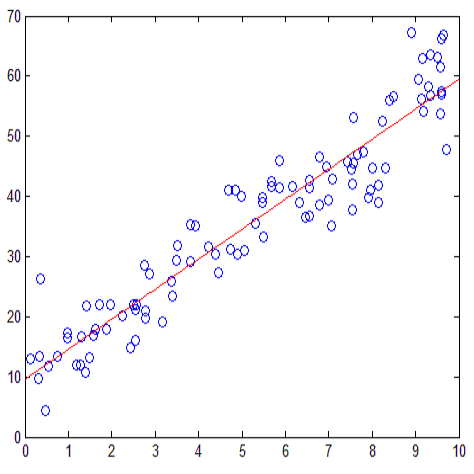We present the Reflectron, a family of pseudogradient methods for learning generalized linear models inspired by mirror descent. Despite nonconvexity of the underlying optimization problem, we prove that the Reflectron is both statistically and computationally efficient. By analogy to standard mirror descent, we show that the methods can be tailored to the $\textit{problem geometry}$ through choice of a potential function that defines the $\textit{optimization geometry}$. We provide guarantees in both the stochastic and full-batch settings, and our analysis recovers gradient descent and the GLM-tron of Kakade et al. (2011) as special cases. Via a natural continuous-time limit, we provide simple and intuitive derivations of the statistical, convergence, and implicit bias properties of the algorithms. We subsequently discretize the flow to arrive at an iteration with matching guarantees. Experimentally, the extra flexibility afforded by the Reflectron allows it to outperform the GLM-tron on sparse vector and low-rank matrix recovery problems.
翻译:我们展示了反射器,这是一个学习由反光下降启发的通用线性模型的假基因方法的组合。尽管潜在的优化问题不精确,但我们证明反射器在统计上和计算上都是有效的。比照标准反射下,我们通过选择一个定义$textit{problem 几何法的潜在功能,我们展示了这些方法能够适应$textit{problem physication}美元。我们为随机和完整组合设置提供了保障,我们的分析将梯度下降和Kakade et al. (2011年) GLM- Tron作为特例进行了恢复。我们通过自然的连续时间限制,我们提供了统计、趋同和算法隐含的偏差特性的简单和直观的衍生。我们随后将流动分解,以匹配的保证实现。实验性地,反射仪提供的超灵活度使其在稀有矢量矢量的矢量和低位矩阵恢复问题上超过GLM-tron。




